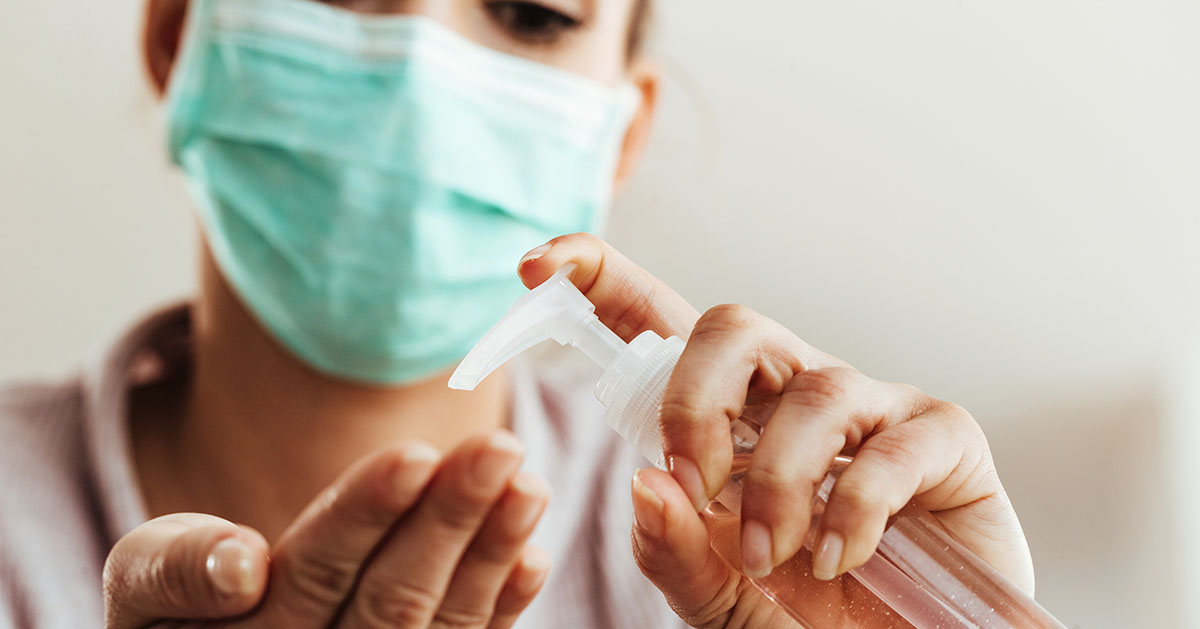
The Connection Between Cancer and Infection Risk
-
It’s commonly thought that cancer patients are at a higher risk for infection than others because of their disease or the treatments they are receiving.
However, while it is advised that cancer patients protect themselves against infections like everyone else, it’s also important to know that not all cancers and their treatments cause patients to become immunosuppressed.
Certain treatments (such as bone marrow transplants and some chemotherapy regimens) are known to increase a patient’s infection risk, and certain cancers directly impact the immune system (like lymphoma). But, some treatments (including immunotherapy) do not have a negative effect on the immune system at all.
The best way for a patient to determine their risk of infection (and if they are at an increased risk because of their diagnosis or treatment) is to talk to their care team. Oncologists and other physicians will not only be able to discuss your specific risk, but also give you personalized tips for avoiding infection if you are concerned.
Preventing Infection
In general, it is advised that cancer patients follow standard guidelines for avoiding infection. Some of these tips include:
- Avoiding in-person activities with individuals who are recovering from illness
- Practicing good hygiene through handwashing and regular bathing
- Keeping cuts clean, dry, and covered
- Seeking care for dental issues that could become an infection
During the COVID-19 pandemic, it is also recommended that patients take precautions when going out in public or interacting with individuals they don’t live with (including wearing a mask and practicing social distancing). In general, it may also be a good idea to avoid spending time in crowded public areas and ask for family and friends to run errands for you instead of doing them yourself.
Signs of Infection
Despite taking precautions, patients may still get infections. If you experience any of the following symptoms, it is best to call your care team to discuss next steps:
- Fever (greater than 100.4°F)
- New or worsening redness, tenderness, swelling, or heat
- A new cough with pain
- A new cough that is accompanied by yellow or green mucus
- Earaches that don’t resolve
- A worsening sore throat
- Shaking chills
- Burning or painful urination
- Excessive fatigue or weakness
- Cloudy or bad-smelling drainage or increasing pain at a wound site or surgical incision
While these may be signs of infection, they could also be caused by something else. Your care team will be able to evaluate your symptoms and guide you to the best next step for care.
While it’s important to protect yourself from infection during cancer treatment, it’s also advised to discuss your infection risk or symptoms with your oncologist before becoming concerned. Infection risk is always a factor in life, but it’s something that can be managed by your care team.
Reviewed by Fox Chase medical oncologist Dr. Anthony Olszanski.
